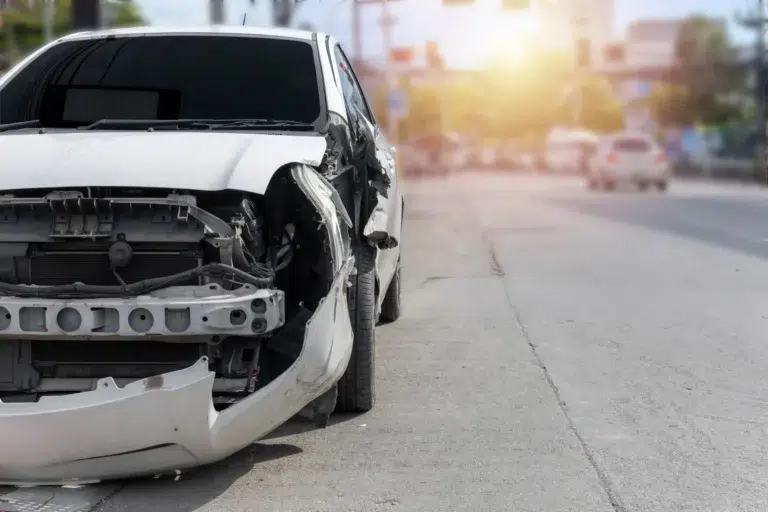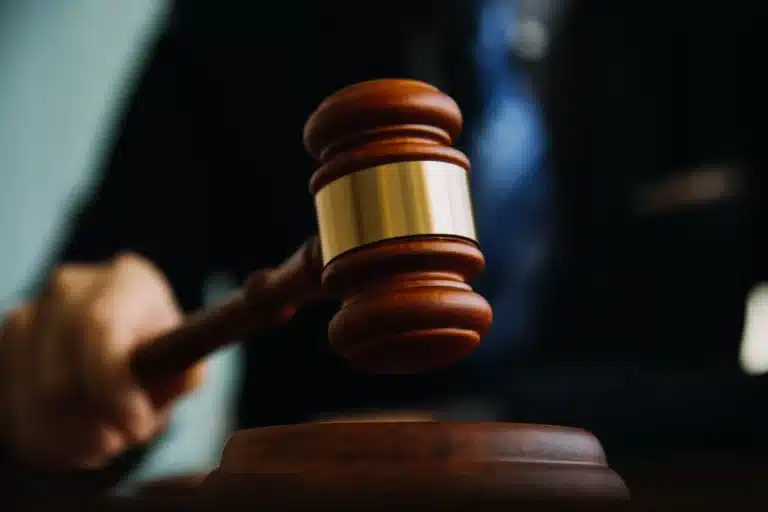What Can Be Taken Away If A Car Accident Judgment Is Awarded Against You in Florida?
What Can Be Taken Away If A Car Accident Judgment Is Awarded Against You in Florida?
A car accident in Florida can be a daunting experience, especially if you are found at fault. The consequences of a judgment awarded against you can be substantial and long-lasting. If you are facing such a situation, consulting with a Florida Car Accident Defense Attorney is imperative to understanding your rights and potential liabilities. Here’s an insight into what could be taken away if a car accident judgment is awarded against you in Florida.
Taking of Financial Assets in Florida Following a Car Accident Judgment
Financial assets are one of the most prominent areas affected when a judgment is awarded against you in a car accident case. In Florida, this can include a wide range of financial holdings, such as bank accounts, wages, investments, and more. Here’s an in-depth examination of these areas:
1. Bank Accounts
In Florida, the judgment creditor can pursue garnishment of your bank accounts. This means that funds in your checking, savings, and investment accounts may be seized to satisfy the judgment. Engaging a Florida Car Accident Defense Lawyer can help you understand Florida’s complex garnishment statutes, including any exemptions that may apply. For instance:
- Joint Accounts: The funds in joint accounts may be partially protected, depending on various factors.
- Retirement Accounts: Florida law often protects qualified retirement accounts, but there are exceptions.
- College Savings Plans: Specific educational savings may also be exempt under certain conditions.
2. Wages
Wage garnishment in Florida means a portion of your earnings may be withheld by your employer to fulfill the judgment. Florida law offers some protection, particularly the head-of-household exemption, which may apply if you provide more than half the support for a child or other dependent. Consulting with a Florida Car Accident Defense Attorney is critical to understand these exemptions, as the process can be intricate and requires strict compliance with legal procedures.
- Self-Employment Income: If you’re self-employed, your business income may also be subject to garnishment in Florida.
- Bonuses and Commissions: Certain bonuses and commissions might be garnished to satisfy the judgment, depending on various factors.
3. Investments
Investment accounts, stocks, bonds, and other securities may be subject to garnishment in Florida. These investment instruments are considered personal property and could be used to satisfy a judgment. The complexity of Florida’s laws in this area makes legal representation essential.
- Annuities: Certain annuities may be exempt, particularly if they’re designed for retirement purposes.
- Life Insurance Policies: Life insurance policies with a cash value may also be subject to various protections under Florida law.
4. Future Earnings
Florida law might allow a judgment creditor to obtain a continuing writ of garnishment, impacting a portion of your future earnings. This can affect your financial stability for years and requires careful legal analysis by a Florida Car Accident Defense Lawyer to understand the specific circumstances under which this might apply.
Property Liens in Florida Following a Car Accident Judgment
A property lien is a legal claim on assets which allows the holder to obtain access to property if a debt is not paid. In car accident cases in Florida, property liens can be applied to real estate and personal property to secure the judgment amount.
1. Real Estate Liens
A real estate lien can be placed on a debtor’s property in Florida, giving the judgment creditor a legal claim to the property until the judgment is paid. Here’s how it works:
- Homestead Exemption: Florida’s homestead exemption protects the equity in a primary residence up to an unlimited amount. However, this protection is not absolute. Certain debts, such as mortgages and tax liens, are exceptions. In a car accident judgment, it’s essential to consult with a Florida Car Accident Defense Attorney to understand how the homestead exemption may apply.
- Recording a Judgment Lien Certificate: The judgment creditor must record a Judgment Lien Certificate with the Florida Department of State to create a lien on non-exempt real property. This lien will last for ten years and can be renewed for another ten years.
- Sale of the Property: If the property is sold, the lien must be satisfied from the proceeds of the sale, potentially reducing the profit from the sale.
2. Personal Property Liens
Liens can also be placed on personal property, such as vehicles, boats, and other valuable assets. In Florida, personal property up to a certain value might be exempt from judgment liens. However, valuable assets that exceed these limits may be subject to a lien.
- Vehicles: A lien can be placed on vehicles, although there are statutory exemptions based on the vehicle’s value and how it’s used. Understanding these nuances requires expert advice from a Florida Car Accident Defense Lawyer.
- Other Personal Property: Items like jewelry, art, or other valuables may be subject to liens, depending on the circumstances.
Other Impacts of a Florida Car Accident Judgment
Insurance Impact
A judgment against you can have long-lasting effects on your insurance in Florida:
- Increased Premiums: Insurance companies often view judgments as an indication of higher risk, leading to increased premiums.
- Non-Renewal: In more severe cases, an insurance company might choose not to renew your policy, making it more challenging to find affordable coverage in the future.
Credit Rating Impact
- Negative Impact on Credit Score: A judgment is a public record and can significantly impact your credit score in Florida. It may remain on your credit report for several years, making it more difficult to secure loans or credit.
- Long-term Financial Planning: The effect on your credit rating can have broader implications for your financial life, affecting your ability to buy a home, finance a car, or even secure certain jobs.
Future Earnings
Depending on the severity of the judgment, Florida law might allow the plaintiff to garnish a portion of your wages:
- Wage Garnishment: This allows the plaintiff to take a part of your paycheck directly from your employer to satisfy the judgment.
- Exemptions and Limitations: Certain limitations and exemptions may apply to wage garnishment, so consultation with a Florida Car Accident Defense Lawyer is advisable.
Professional Repercussions
- Licensing Issues: If you hold a professional license in Florida, a judgment against you might trigger an investigation or disciplinary action by licensing bodies. This could affect your ability to practice your profession.
Emotional Toll
- Stress and Anxiety: Facing a judgment in Florida is a significant event that can lead to stress, anxiety, and other emotional issues.
- Impact on Daily Life and Future Plans: The emotional toll may affect your ability to work, your relationships, and your future planning. It underscores the importance of seeking not only legal guidance from a Florida Car Accident Defense Attorney but also emotional support from friends, family, or professionals.






